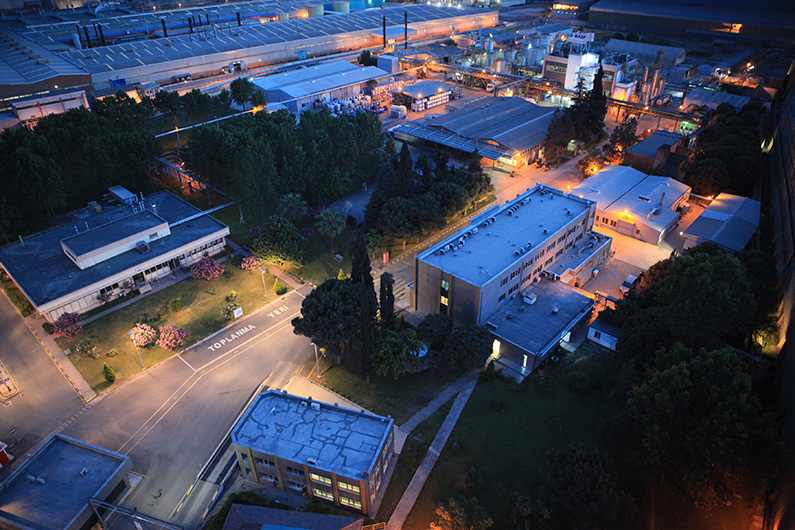More news
- Asian paint regulatory round up – Indonesian exterior paint still uses lead, warns W...
- Nigeria’s paint industry navigates regulatory changes and economic challenges amid p...
- Focus on the global coatings market: Global coatings market outlook
- Ask Joe Powder – October 2024
- Chinese paint majors look to domestic consumer sales as commercial real estate slumps

BASF, a global leader in the supply of additives to the coatings industry, has announced the expansion of defoamer capacity at its Dilovasi plant in Turkey. The new production line increases the company’s capacity on site, allowing a better response to rising demand for high-performance Foamaster® and Foamstar® products in south east Europe, the Middle East and Africa. By increasing its production capacity significantly, BASF will improve its service to customers in the region and reduce lead times to ensure faster delivery.
The new production line also helps BASF to cut emissions related to transportation of the products by significantly reducing distances.
The Dilovasi plant in Turkey plays an important role in BASF’s additives business, serving as a key supply point for Dispex® AA products, including defoamers. The recent expansion of the polyacrylic-dispersing-agent line and the now enlarged defoamer capacity further strengthen the plant’s role in BASF’s additives business.
“The additional capacity in Dilovasi enables us to support the growth plans of our customers in the region and improve our service level,” explained Joachim Burger, Head of Sales Additives EMEA.
Defoamers are essential in the production of paints, coatings and inks since they prevent not only foaming but also, as a result, defect formation. BASF’s Foamaster®and Foamstar® products are well-known for their high performance in defoaming applications.
Caption: BASF increases production capacity for defoamers in Turkey with the establishment of a new production line at its Dilovasi site designed to meet the growing demand for Foamaster® and Foamstar® products in south east Europe, the Middle East and Africa. Customers will benefit from improved service and faster delivery, and transportation-related emissions will be cut through significantly reduced distances







